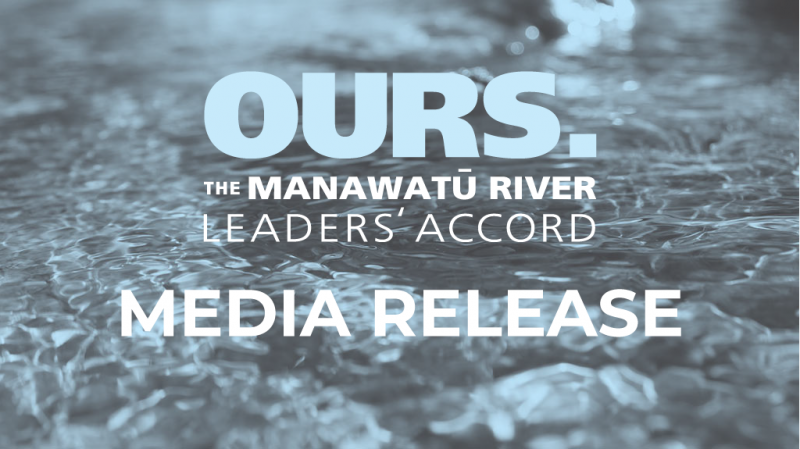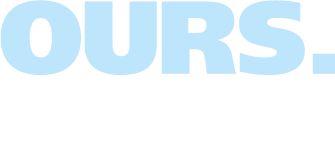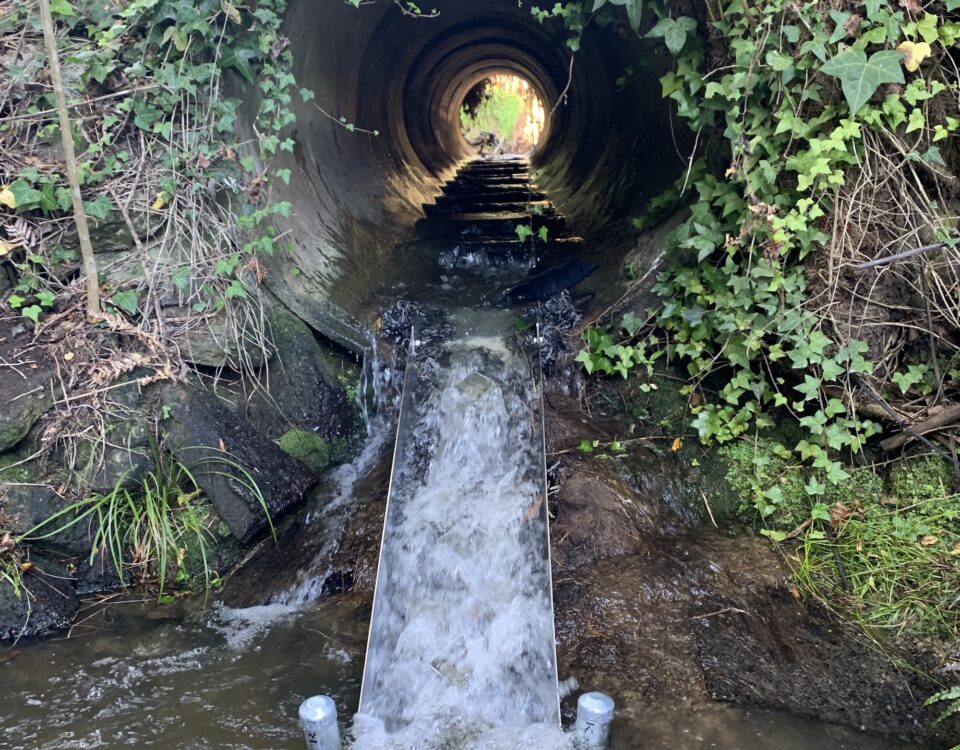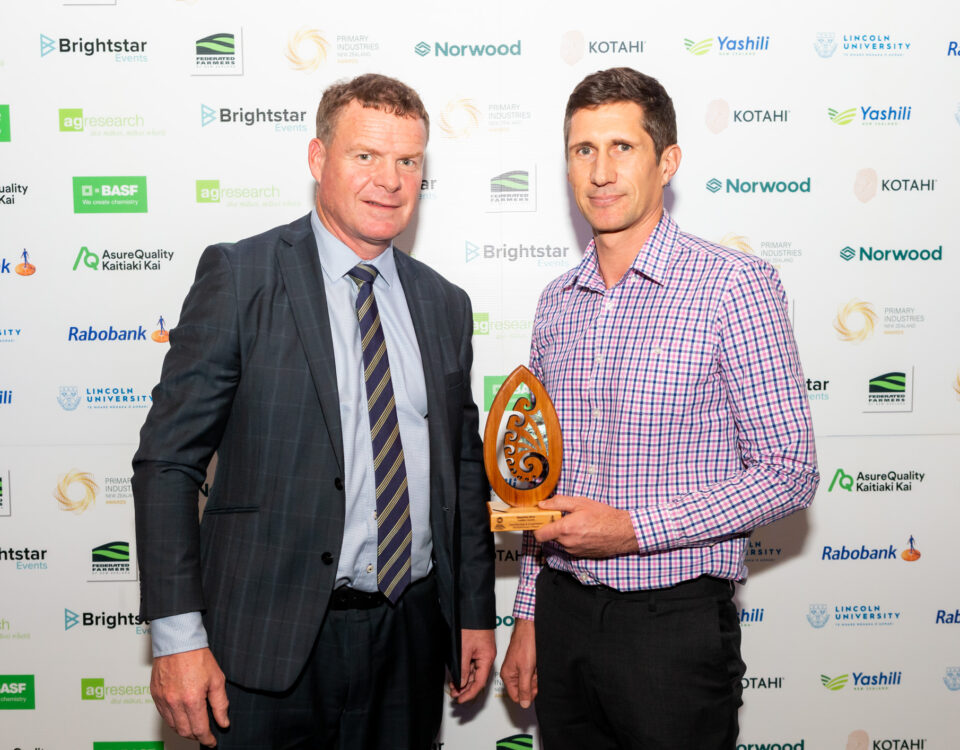
A joint media release from the Ministry for the Environment and Horizons Regional Council about the Enhancing Native Fish Populations through Fish Passage Remediation project.
In the five months since receiving Jobs for Nature funding, Horizons Regional Council has employed a team of eight people who will open up 1,250 kilometres of habitat for migratory fish.
The Enhancing Native Fish Populations through Fish Passage Remediation project was awarded $2.6 million through the government’s Jobs for Nature programme in July 2020.
The Council has since committed a further $300,000 towards the $3.2 million project that will build on an existing programme and will include removing large barriers to fish movement.
Horizons freshwater and partnerships manager Logan Brown says government and council’s combined investment will allow for the removal of at least 25 barriers and open up 1,250 kilometres of habitat.
“This will increase native fish numbers and distribution, improve aquatic habitat, and increase kākahi (freshwater mussel) populations,”
“The project is also expected to create 26 jobs over its lifetime,” said Mr Brown.
“Ensuring fish can get up and down streams and rivers as part of their natural lifecycle contributes to Te Mana o Te Wai, the life-supporting capacity of water, ” said Martin Workman, Acting Deputy Secretary for Sustainable Land Use at Ministry for the Environment.
“Giving effect to Te Mana o Te Wai is central to the new National Policy Statement for Freshwater Management introduced this year. This means giving first priority to protecting the life-supporting capacity of the water. The second obligation is to provide for human health needs, and only then can water be used for other purposes,” Martin explains.
In early November, Horizons successfully employed eight tertiary educated people who, following an induction that included swift water and electric fishing training, and have gotten straight to work.
“This work is important as many of the region’s waterways have lower native fish diversity and numbers than predicted. We know one of the key factors impacting the distribution and population of native fish is barriers to their migration.”
“Indigenous fish such as tuna (eels) and īnanga (whitebait) need to be able to move up and down freshwater habitats to access feeding and spawning environments and maintain healthy populations. Structures such as culverts, dams, weirs, fords and tide gates can delay or prevent fish movement and stop them from accessing these critical habitats,” said Mr Brown.
This project aims to restore native fish populations in the region by providing a greater understanding of their population and distribution and identifying barriers to their migration and removing those barriers.
Much of this work is done on foot, with the team walking up and down streams to record fish populations and assessing and removing potential barriers.
Sean Georgeson, is one of the Research Assistants employed through the Jobs for Nature funding.
“I love working outdoors. I’ve wanted to make a difference for the environment since a young age, and I really feel like I’m fulfilling that dream through this work,” said Sean.
“Without the Jobs for Nature funding the project wouldn’t be at the scale that it is now. In previous years, we might have a quarter of someone’s job (FTE) dedicated to doing this kind of work. What would have taken us 100 years is now going be achieved in five,” says Mr Brown.
The Ministry for the Environment is working with tangata whenua, communities and councils on implementing the new freshwater requirements to protect and restore our waterways, which include requirements to improve fish passage.
“It’s great to see that the Jobs for Nature fund can support Horizons to have a dedicated team of people doing this important mahi.” said Martin.
The $1.3 billion Jobs for Nature programme is a Government initiative, creating nature-based jobs to benefit the environment and support the economic recovery following the COVID-19 pandemic.
In addition to the fish passage remediation project, Horizons Regional Council was awarded a further $15.8 million from the Jobs for Nature fund in July. This includes $4.6 million towards a riparian planting and stream fencing programme, and $11.2 million towards Lake Horowhenua water quality interventions.
These projects are being supported by an additional $4 million from Horizons, as well as $4 million from regional landowners.



